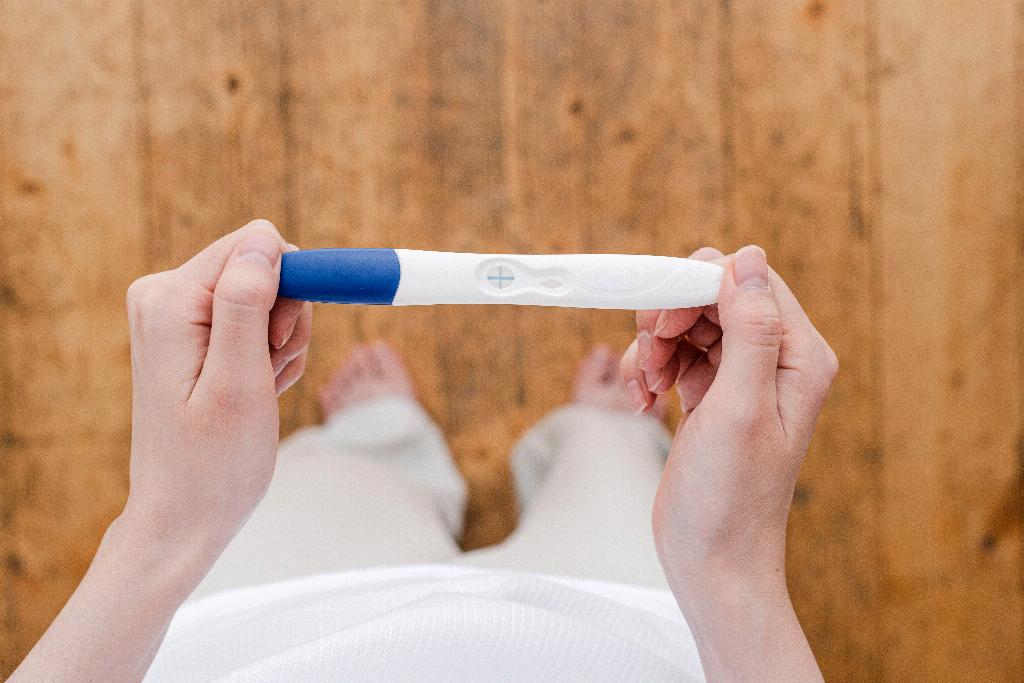When it comes to taking a pregnancy test, timing can play a crucial role in determining its accuracy. It is a common belief that taking a pregnancy test in the morning yields more reliable results compared to taking one in the evening. This belief is rooted in the concentration of the pregnancy hormone hCG (human chorionic gonadotropin) in the urine, which is typically higher in the morning.
Hormone Levels Throughout the Day
Early in the morning, urine is more concentrated because you have been asleep and have not been drinking fluids for several hours. This concentrated urine is more likely to contain a higher level of hCG if you are pregnant, making it easier for the test to detect the hormone. As the day progresses, you drink liquids, which can dilute the hCG levels in your urine, potentially affecting the accuracy of the test.
Impact of Early Pregnancy
For women who are testing early in their pregnancy, taking a test in the evening may not be as accurate as taking one in the morning. This is particularly crucial when testing before your expected period, as hCG levels may still be low and more concentrated urine can increase the chances of a positive result.
Factors Affecting Test Results
Several factors can influence the accuracy of a pregnancy test, including the sensitivity of the test, how well you follow the instructions, and the concentration of hCG in your urine. While taking a test in the evening may not always yield accurate results, it is important to consider these factors before drawing any conclusions.
Importance of Follow-Up Testing
Seeking Professional Advice
If you are uncertain about the results of a pregnancy test or if you are experiencing symptoms of pregnancy, it is essential to seek advice from a healthcare provider. They can conduct further testing and provide you with the appropriate guidance based on your individual circumstances.
Guidance for Testing
When it comes to taking a pregnancy test, it is essential to follow the instructions carefully to ensure accurate results. Whether you choose to test in the morning or evening, following the guidelines provided with the test can help minimize errors and provide you with reliable information about your pregnancy status.
Considering Individual Differences
It is important to recognize that every woman’s body is unique, and factors such as hormone levels and urine concentration can vary from person to person. While general guidelines suggest testing in the morning for more accurate results, individual circumstances may influence the timing of testing and the interpretation of results.
Emotional Impact of Testing
Waiting for the results of a pregnancy test can be an emotional and stressful experience for many women. Whether you choose to test in the morning or evening, it is essential to take care of your emotional well-being during this time and seek support if needed to navigate the feelings that may arise.
Conclusion
In conclusion, the accuracy of pregnancy tests taken in the evening may be influenced by various factors, including urine concentration and hCG levels. While testing in the morning is generally recommended for more reliable results, individual differences and circumstances should also be taken into account. If you have concerns about the accuracy of a pregnancy test, consult with a healthcare provider for guidance and follow-up testing as needed.

